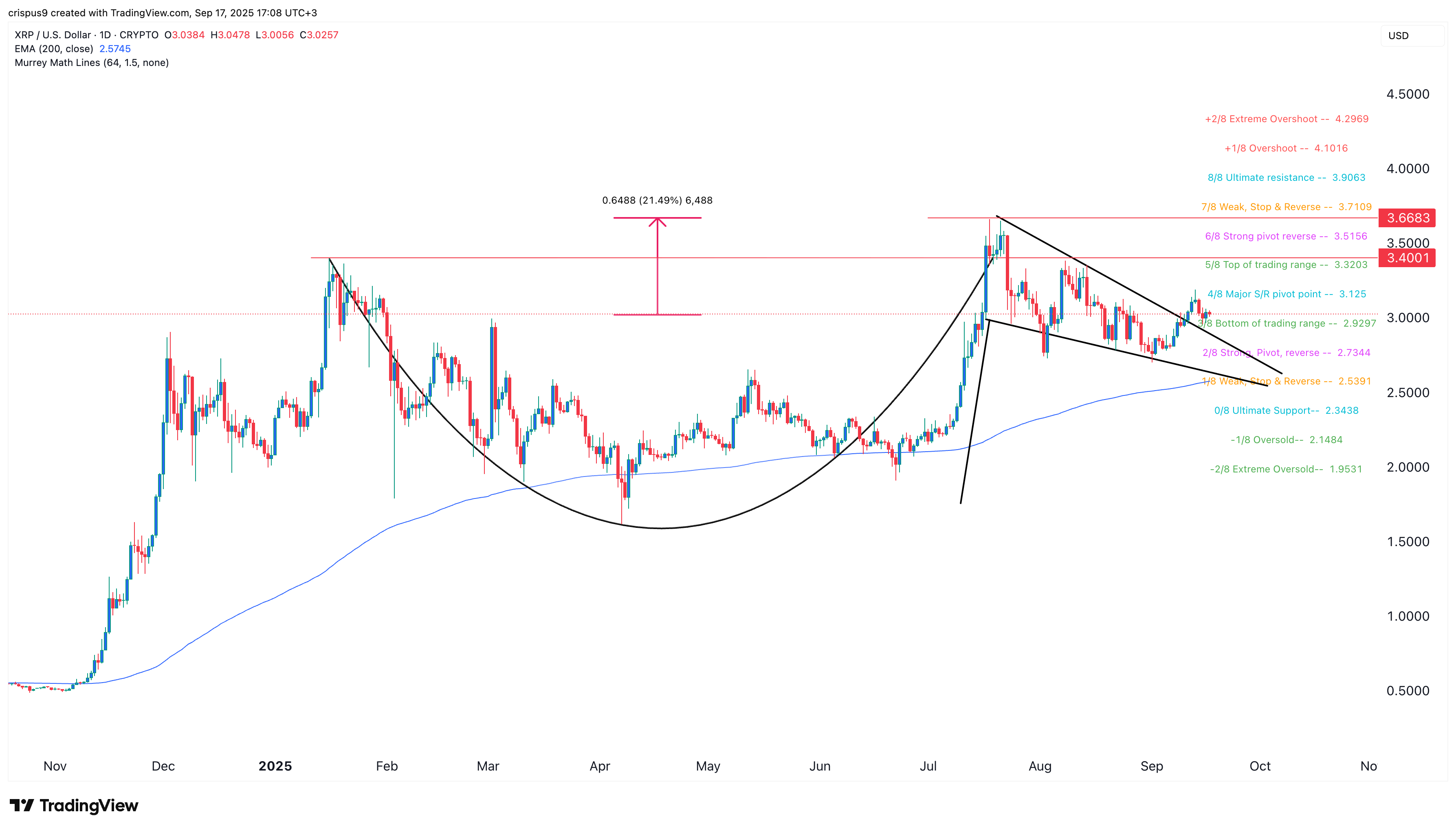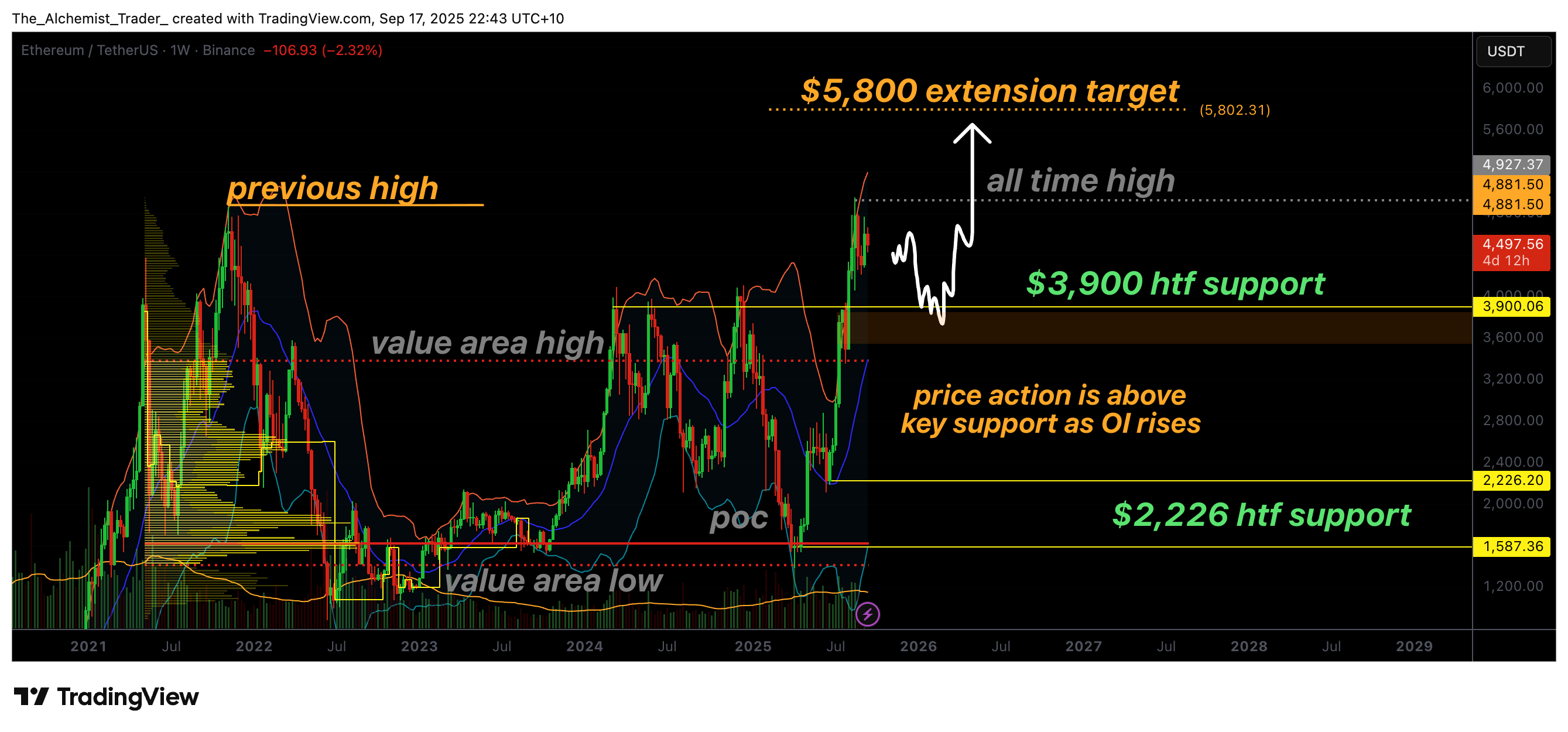Staked ETH liquidity provider, Lido, slips while traders explore Borroe
The decentralized finance (defi) landscape remains volatile as top defi projects vie for dominance gauged by total value locked (TVL) and investors scout for projects to get exposure in. Lido Finance’s declining TVL continues to be a source of concern. This paved the way for Borroe, a project attracting investors in ongoing presale.
Lido slips, Investors looking at Borroe
Lido, a liquidity staking provider in Ethereum, is a prominent player in defi.
However, its TVL, a metric showing the amount of assets locked in a protocol, has been contracting.
This dip can be attributed to various factors, including market sentiment, yield farming opportunities, and disruptions caused by new entrants.
Borroe presale
The demand in the ongoing Borroe presale is driven by the platform’s approach of combining artificial intelligence (AI) and defi.
Over $250,000 was raised in just five days.
ROE is deflationary and is set up to reward HODLers while promoting scarcity. The integration of AI-driven analytics and decision-making tools further adds to its appeal.
Investors recognize the potential for ROE in defi in this presale, which could explain the increased pace of accumulation.
ROE sold out in the beta stage. Over 40% of the allocated tokens have been sold in the first presale phase.
ROE prices are up 25% in the current stage, and there will be a 50% pump in the next phase. This progressive price increment rewards early participants and may catalyze ROE demand.
The team is led by Maxim Prishchepo and Michael Price, who bring a wealth of knowledge and expertise to the project.
Through Borroe, a platform deployed on Ethereum’s sidechain, Polygon, businesses can leverage the power of non-fungible tokens (NFTs) to create digital representations of their upcoming and outstanding invoices.
These NFT invoice representations can then be conveniently sold on the marketplace at a discounted rate, offering businesses immediate access to much-needed liquidity.
By transforming invoices into NFTs, Borroe enables businesses to unlock the value trapped within their unpaid invoices. This innovative approach presents an alternative financing option, allowing companies to monetize their accounts receivable and expedite the cash flow cycle.
The Borroe marketplace serves as a platform where these NFT invoice representations can be listed and sold to interested buyers. Buyers, in turn, can acquire invoices at a discounted rate, providing them with an appealing investment opportunity.
This instant funding approach benefits businesses by ensuring steady cash flow. It presents a unique investment avenue for buyers looking to diversify their portfolios. By participating in the Borroe marketplace, investors can seize opportunities to acquire discounted invoices and earn favorable returns.
BlockAudit audited Borroe’s smart contract, and the public address is publicly available.
Summary
Defi is dynamic, and investor attention rapidly shifts. While Lido’s slip in TVL might raise questions, it’s important to assess the broader context of its role in the ecosystem.
On the other hand, ROE’s traction in the presale points to growing interest in innovative projects that combine cutting-edge technologies with the potential for attractive returns.
As defi evolves, ROE can be an option for investors. Analysts are also bullish on the project, expecting it to grow in weeks and months ahead.
Learn more about Borroe here:
Visit Borroe presale | Join on Telegram | Follow Borroe on Twitter
Disclosure: This content is provided by a third party. crypto.news does not endorse any product mentioned on this page. Users must do their own research before taking any actions related to the company.




